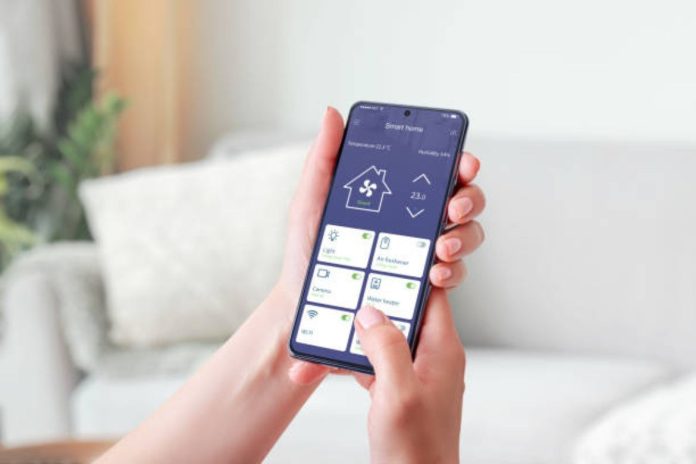In today’s fast-paced world, home automation is no longer a luxury reserved for tech enthusiasts or the wealthy. It’s becoming an integral part of modern living, offering convenience, security, and energy efficiency. But as homeowners contemplate the transition to smart homes, one pressing question often arises: How much does home automation cost? This guide aims to break down the various factors that influence the cost of home automation, providing a clearer picture of what you can expect to invest.
Understanding Home Automation
Home automation refers to the use of technology to control various home functions such as lighting, security systems, climate control, and entertainment systems remotely or automatically. These systems can be controlled through smartphones, tablets, or voice commands, and they often integrate with other smart devices for seamless operation.
Factors Influencing Home Automation Costs
Type of System:
- Basic Systems: Basic home automation systems can include smart lighting, thermostats, and simple security devices. These systems are often user-installed and can be purchased as individual components. The cost for a basic setup can range from $200 to $1,000.
- Intermediate Systems: These systems offer more integration and control, including smart locks, advanced security cameras, and integrated entertainment systems. Professional installation is typically required, and costs can range from $1,000 to $3,000.
- Advanced Systems: Advanced systems provide whole-home automation, including climate control, lighting, security, entertainment, and even automated blinds and irrigation systems. These systems are highly customizable and require professional installation, with costs ranging from $3,000 to $10,000 or more.
Number of Devices:
- The number of smart devices you wish to automate significantly impacts the cost. Each additional device, whether it’s a smart bulb, camera, or thermostat, adds to the overall expense. A comprehensive smart home setup could easily include 20 to 50 devices, with individual costs ranging from $20 for smart bulbs to $500 for high-end security cameras.
Installation:
- DIY Installation: Some homeowners may opt for do-it-yourself installation to save costs. While this can reduce expenses, it may limit the complexity and integration of the system.
- Professional Installation: Professional installation ensures that all devices are correctly installed and integrated, but it comes at a cost. Professional services can range from $100 to $1,000 or more, depending on the complexity of the system.
Control Hubs and Software:
- A central control hub is essential for managing multiple devices seamlessly. Popular hubs like the Amazon Echo, Google Nest Hub, or Apple HomeKit vary in price from $50 to $300. Additionally, some advanced systems require subscription-based software for remote access and advanced features, typically costing $5 to $30 per month.
Customization and Scalability:
- Customizing your home automation system to fit specific needs, such as integrating it with existing home security or entertainment systems, can increase costs. Scalability, or the ability to expand the system in the future, is another factor to consider, potentially adding to the initial investment but offering long-term flexibility.
Cost Breakdown by Categories
Lighting:
- Smart bulbs: $10 to $50 each
- Smart switches: $25 to $60 each
- Smart lighting systems (e.g., Philips Hue): $200 to $500 for starter kits
Security:
- Smart locks: $100 to $300 each
- Security cameras: $50 to $500 each
- Comprehensive security systems: $300 to $1,500
Climate Control:
- Smart thermostats: $100 to $300 each
- Smart HVAC systems: $2,000 to $5,000
Entertainment:
- Smart speakers: $50 to $300 each
- Integrated entertainment systems: $1,000 to $3,000
Miscellaneous:
- Smart plugs: $20 to $50 each
- Smart blinds: $150 to $300 each
- Smart irrigation systems: $100 to $300
Conclusion
Home automation in Phoenix AZ is an investment that offers significant returns in terms of convenience, security, and energy efficiency. While the costs can vary widely based on the complexity and scale of the system, understanding the factors involved helps homeowners make informed decisions.
For residents of Phoenix, AZ, home automation presents a fantastic opportunity to enhance your living experience in a city known for its innovation and forward-thinking community. Whether you’re starting with basic smart devices or planning a comprehensive smart home, the sunny climate and tech-savvy atmosphere of Phoenix make it an ideal place to embrace the future of home living. So, take the first step toward transforming your home into a smart home and enjoy the myriad benefits that come with it.









